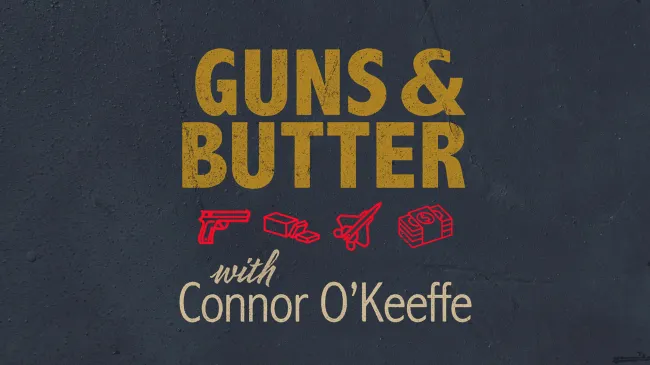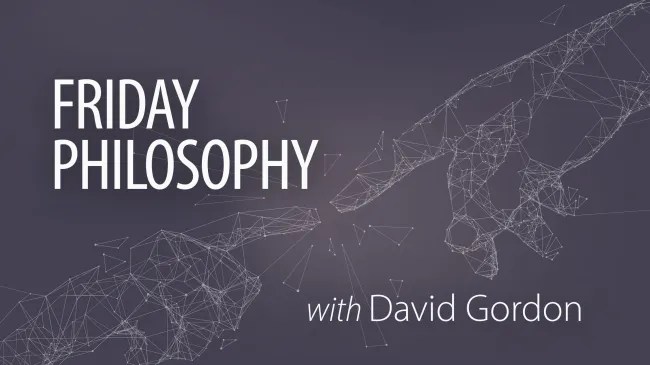War and Foreign Policy
Free Trade with All Nations
Richard Cobden was a British champion of laissez-faire who served in Parliament. While there, he led to successful campaign to repeal the Corn Laws, which led to British free trade.
Trump Adopts the Democrats’ Terrible Yemen Policy
While the Trump administration claims it is breaking with the policies of Joe Biden, it is continuing US attacks on the Houthis of Yemen supported by the previous president.
Trump Adopts the Democrats’ Terrible Yemen Policy
While the Trump administration claims it is breaking with the policies of Joe Biden, it is continuing US attacks on the Houthis of Yemen supported by the previous president.
The True Cost of War
This article delves into the real cost of war as explained by Joseph Salerno in his book Money: Sound and Unsound. Contrary to Keynesianism, war destroys wealth and destroys an economy from within.
Cuts to Foreign Aid Are a Good Start
While attempts to eliminate USAID are garnering a lot of publicity, the truth is that the foreign aid budget needs even more cutting than the Trump administration is willing to do.
Empire as the Price of Bureaucracy
Totalitarian bureaucracy necessitates a constant state of crisis and there is no better creator of crises than imperial machinations.
Foreign Aid, Reparations, and Economic Growth
History has shown that prosperity is built through economic freedom and self-reliance—not through perpetual financial transfers from former colonial powers.
Fatal Freedom
In this week‘s Friday Philosophy, Dr. David Gordon reviews Sick from Freedom: African-American Illness and Suffering during the Civil War and Reconstruction by Jim Downs, who exposes the high death rates from disease suffered by newly-freed slaves because of neglect by Union armies.
The EU Wants to Use War as an Excuse for More Debt
It seems that the EU leaders have decided on a new military spending spree. To pay for this, the EU will issue new war debt on top of its current high debt loads.










